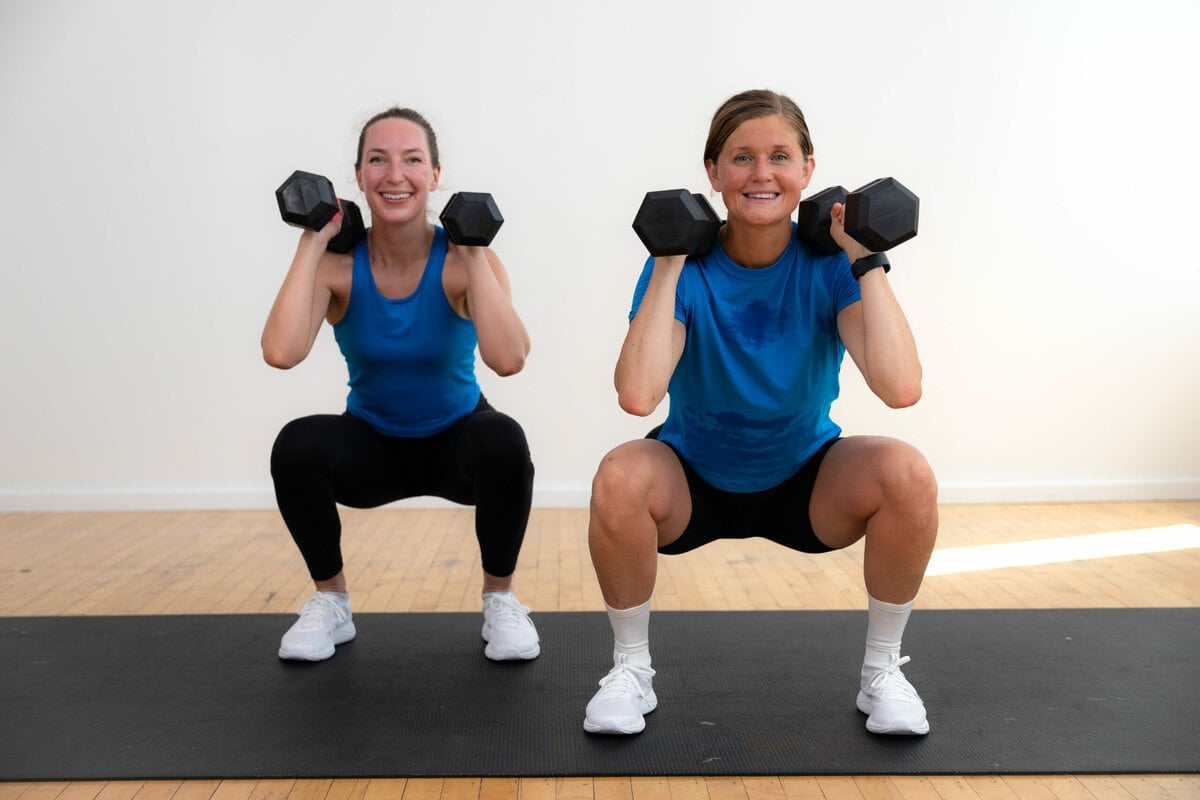Shop At Haya: Your Ultimate Shopping Guide
Discover the best shopping tips, trends, and deals for a smarter buying experience.
Strong is the New Skinny: Why Muscles Matter More
Discover why building muscle is the key to a stronger, healthier you. Embrace strength over skinniness and transform your fitness journey today!
The Health Benefits of Building Muscle: More Than Just Aesthetic
Building muscle is often associated with aesthetics, but the health benefits extend far beyond just looking good. Engaging in regular strength training can significantly improve your overall health. Some of the benefits include:
- Increased metabolism: More muscle mass means your body burns more calories at rest, helping with weight management.
- Enhanced insulin sensitivity: Building muscle can better regulate your blood sugar levels, reducing the risk of type 2 diabetes.
- Reduced risk of injury: Stronger muscles support joints and improve balance, lowering the chances of falls and injuries, especially as we age.
Moreover, strength training not only contributes to physical well-being but also positively impacts mental health. Exercise has been shown to release endorphins, which can help combat anxiety and depression. Additionally, the confidence gained from achieving fitness goals can boost self-esteem. Moreover, as we age, maintaining muscle mass becomes crucial for longevity. According to studies, individuals with higher muscle mass tend to have a lower risk of chronic diseases and improved quality of life.

Strength Training vs. Cardio: Which is Really Better for Your Body?
When it comes to fitness, the debate of strength training vs. cardio has been ongoing for years. Both forms of exercise offer unique benefits that can enhance overall health, but determining which is better for your body largely depends on your individual fitness goals. Strength training, which includes lifting weights or using resistance bands, is essential for building muscle mass, increasing metabolism, and improving bone density. On the other hand, cardio exercises such as running, cycling, or swimming are crucial for cardiovascular health, burning calories, and enhancing endurance.
Ultimately, the best approach may be a balanced fitness regimen that incorporates both strength training and cardio. This combination allows individuals to reap the benefits of both workouts while minimizing their drawbacks. By integrating strength training into your routine, you can boost your performance during cardio sessions by increasing overall strength and endurance. Conversely, doing cardio can improve your recovery time and overall stamina, making your strength workouts more effective. In the end, the real key is to find a workout routine that keeps you motivated and adheres to your fitness aspirations.
Why Muscles Matter for Your Mental Health and Wellbeing
Muscles matter not just for physical appearance or strength, but they play a crucial role in enhancing mental health and overall wellbeing. Engaging in regular physical activity, particularly strength training, releases endorphins, often referred to as the 'feel-good hormones'. These endorphins can alleviate stress and anxiety, leading to improved mood and emotional resilience. Additionally, having strong muscles supports better body posture and reduces the risks of injury, allowing individuals to remain active and engaged in their daily lives, which is vital for maintaining a positive mental state.
Furthermore, the process of building muscles can instill a sense of accomplishment and boost self-esteem. When individuals set fitness goals and achieve them, it fosters a positive self-image and combats feelings of inadequacy. As muscles become stronger, the mind often follows suit, enhancing cognitive function and focus. Engaging in muscle-strengthening activities can also serve as a healthy coping mechanism for dealing with life's challenges, promoting a balanced and resilient mental state. In essence, prioritizing muscular health is a powerful investment in both mental and physical wellbeing.